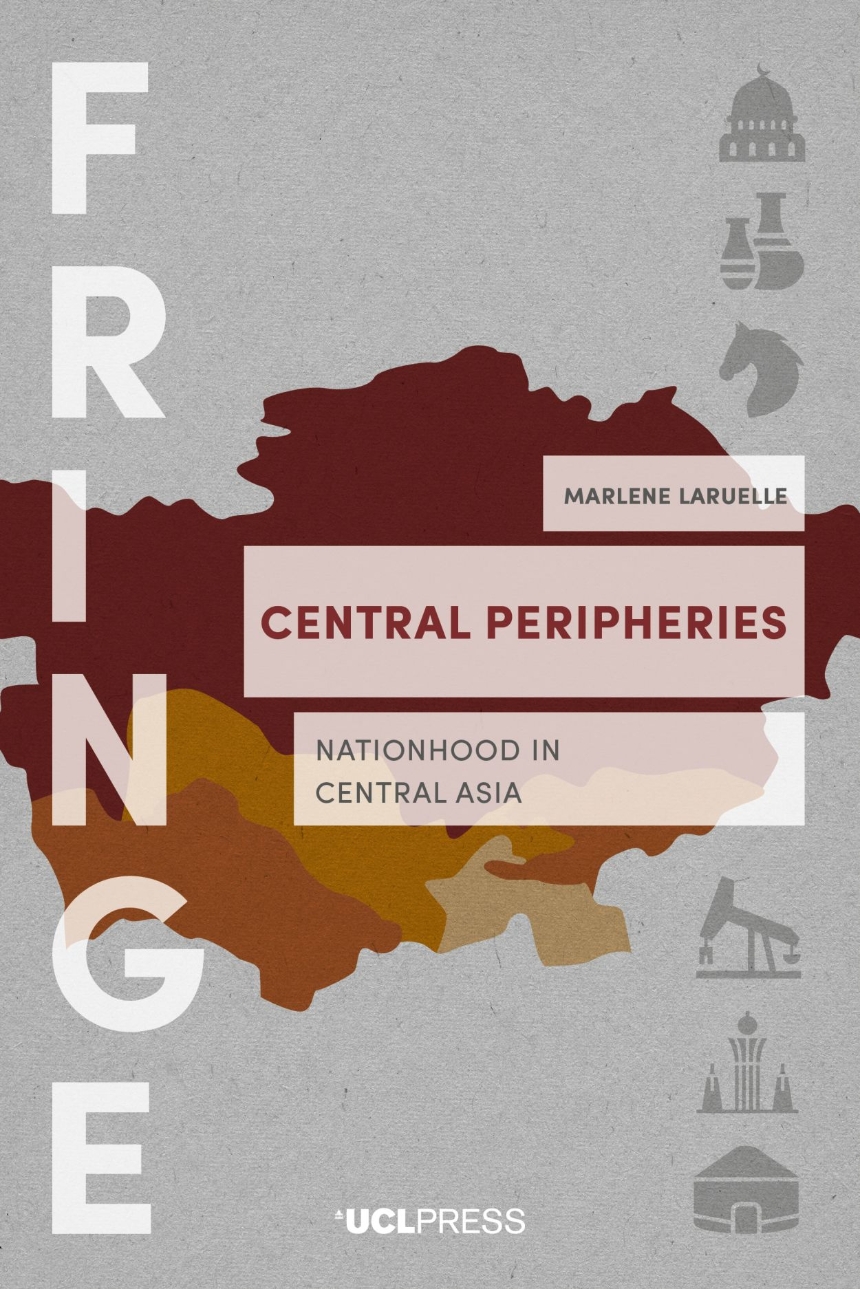A comprehensive study of nation-building in post-Soviet Central Asia.
Committed to internationalism, Kazakhstan and other central Asian states nevertheless embrace classically nationalist conceptions of the nation-state. Their unabashed celebration of borders and citizenship challenges Western views of nationalism as a dying ideology transcended by cosmopolitanism. Drawing on twenty years of fieldwork, Central Peripheries reveals the origin of central Asian national consciousness in imaginary and ritualized efforts to grapple with the Soviet past.
Committed to internationalism, Kazakhstan and other central Asian states nevertheless embrace classically nationalist conceptions of the nation-state. Their unabashed celebration of borders and citizenship challenges Western views of nationalism as a dying ideology transcended by cosmopolitanism. Drawing on twenty years of fieldwork, Central Peripheries reveals the origin of central Asian national consciousness in imaginary and ritualized efforts to grapple with the Soviet past.
Reviews
Table of Contents
List of figures
Preface
Introduction: Central peripheries
Part 1. Writing the national biography
1. The longue durée of national storytelling: Soviet roots and the quest for ethnogenesis
2. Centrality and autochthonism: Uzbekistan’s nationhood
3. Aryan mythology and ethnicism: Tajikistan’s nationhood
4. National unity versus pluralism: Kyrgyzstan’s nationhood
5. Reborn nation, born-again religion? The case of Tengrism
Part 2. Politics and the Nazarbayev order
6. Hybridity in nation-building: the case of Kazakhstan
7. Ideology of the ‘crossroads’: Eurasianism from Suleimenov to Nazarbayev
8. Media and the nation: searching for Kazakhness in televisual production
9. Language and ethnicity: the landscape of Kazakh nationalism
10. Generational changes: the Nazarbayev Generation
Conclusion: The missing pieces of Central Asia’s nationhood puzzle
References
Index
Preface
Introduction: Central peripheries
Part 1. Writing the national biography
1. The longue durée of national storytelling: Soviet roots and the quest for ethnogenesis
2. Centrality and autochthonism: Uzbekistan’s nationhood
3. Aryan mythology and ethnicism: Tajikistan’s nationhood
4. National unity versus pluralism: Kyrgyzstan’s nationhood
5. Reborn nation, born-again religion? The case of Tengrism
Part 2. Politics and the Nazarbayev order
6. Hybridity in nation-building: the case of Kazakhstan
7. Ideology of the ‘crossroads’: Eurasianism from Suleimenov to Nazarbayev
8. Media and the nation: searching for Kazakhness in televisual production
9. Language and ethnicity: the landscape of Kazakh nationalism
10. Generational changes: the Nazarbayev Generation
Conclusion: The missing pieces of Central Asia’s nationhood puzzle
References
Index

